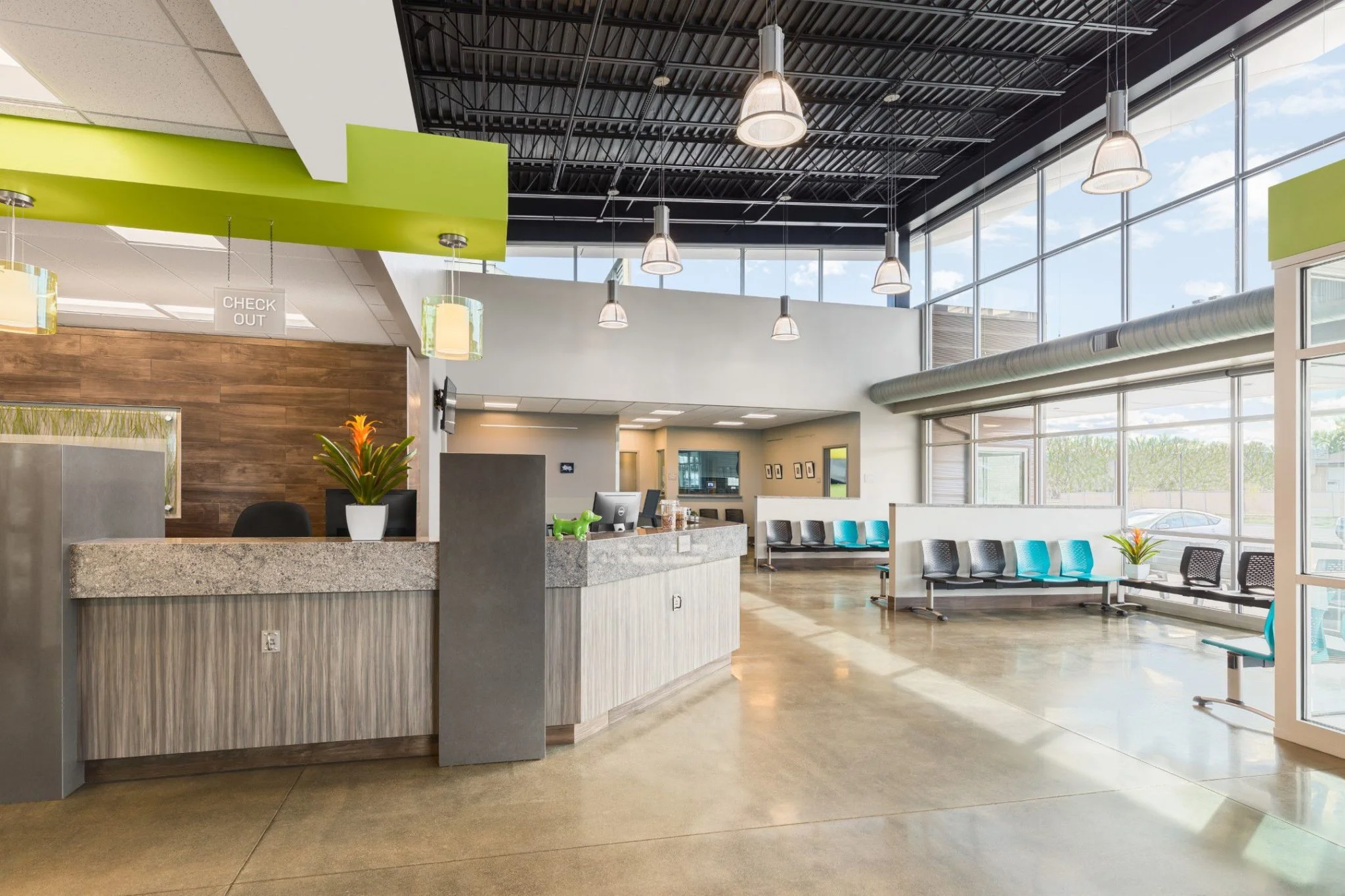Why Landlords Love Lease Renewals
Commercial real estate landlords operate their buildings like any savvy business owner operates their company – with a focus on maximizing their profitability. One of the top ways they maintain and increase profitability is through lease renewal negotiations. A landlord’s goal during renewal negotiations is to maintain annual escalations of 2.5-3%, prevent any vacancy, provide the least amount of concessions and increase the lease rate. To accomplish this, landlords use specific tactics to keep tenants in the dark, uneducated, and often backed into a corner.
Renewals are rich deals for property owners and present an opportunity they work very hard to capitalize on. It’s when landlords make the most margin on a tenant, and it’s the most common opportunity for renewal rates to be above market. Landlords often fight the hardest on lease renewals too, because when lease rates go down, so does their building’s value. However, the typical concessions offered to tenants in lease renewal scenarios are often a mere fraction of the profits realized by the Landlord – further highlighting why most landlords love renewals.

When a tenant vacates, there are substantial costs a Landlord realizes to backfill the space. The Landlord has to market the space, cover all the operating expenses while the space is vacant with no rent coming in, and then typically invest in updating the space or fund the next tenant’s build out. In most scenarios, this represents a 6-figure loss spread out over 12-24 months of vacancy.
It is vitally important to understand this dynamic during renewal negotiation and hire a tenant’s broker to represent you and execute a strategy to competitively procure your renewal option. Together, this will ensure you’re getting the best possible terms on your lease renewal and tip the scales back in your favor.
It’s also critical regardless of whether you are currently paying above or below the fair market value of your space. Let’s review both scenarios.
Below Market Value
If you are paying below market rent at the time of your renewal, you can expect the landlord will try to raise rates at least to a market rate. They may even try to raise rent beyond a market rate to make up for lost time. This could impact your practice’s bottom line profits by six to seven figures over the next ten years, so creating the maximum negotiation leverage is both paramount and urgent.
Above Market Value
If you are already paying above market for your lease, the landlord will still probably push to increase your rate. They are relying on the assumption that you do not know the market lease rate for your space and won’t take the time to hire someone to represent and educate you. They are also relying on the fact that it usually takes a compelling reason for a healthcare practice to move out of their current space and will assume you aren’t willing to relocate. The secret is knowing what’s in a renewal (or a vacancy) for the Landlord and leveraging this information to your advantage. When you are overpaying on your lease, a landlord will have a much harder time getting a new tenant to pay the same rate as you currently pay. This gives you even more leverage to get an improved deal.
Timing is Everything
You may not need to move, or even have the desire, so it’s understandable that even the process of discussing and exploring relocation can feel disruptive. The question becomes, “Why take a shot in the arm if you’re not even sick?” However, this “side-effect” is more tolerable than a financial blow to your profits and is a needed step in the process to create a true posture that you have other viable options.
In order to avoid the greater consequence of a significant increase to your real estate expenses, remaining committed to the plan your agent puts forth allows you to rattle the landlord’s confidence that they have complete control. Additionally, by negotiating legitimately better economic terms for at least one other location, even if only as a back-up, will allow you to hold the building owner accountable to the fair market competition. These alternative options are only realistic and believable to your landlord if you have the correct lead time and position to negotiate. The minute the Landlord knows you’re staying, the opportunity for receiving any additional or substantial economic concessions is lost.
A typical lease negotiation timeline is:
• Negotiations: 60-90 days
• Legal review: 30-45 days
• Design, permitting, build out: 120-180 days

Peace of Mind & Your Best Possible Terms
The goal in a renewal negotiation is to achieve the best possible terms and walk away with the peace of mind that you capitalized on the opportunity. The best deal often isn’t the cheapest one. By conducting a competitive procurement process, your healthcare real estate expert will help you discover your value as a tenant in your market and obtain the context needed for evaluating an offer from your current landlord versus your other top property options. This process will account for your unique circumstances, needs and offerings.
Strategy and Next Steps
The timeline above is designed to position you to achieve the best terms possible. Starting too soon or too late can jeopardize the terms or concessions you could receive. Space planning, negotiations with the landlord and subsequent legal review could easily take 3-5 months. To maintain the best negotiation posture, which is that you ‘could’ elect to move, it’s critical to conclude renewal negotiations before your landlord knows you are nearly out of time. In addition to losing leverage for your best possible terms, delaying the renewal process could be very costly because your current lease may have a holdover clause requiring you to pay as much as double your base lease rate for any occupancy after the term’s expiration.
Time is of the essence. A lease renewal represents one of only a few events in the life of your practice where profits can be realized or lost by six to seven figures.
Prior to negotiating terms, your agent should be able to help you decide how much space is needed for future years by making introductions to architects and general contractors to provide help with space planning and to test-fit options for best utilizing the available space.
An expert healthcare real estate agent is uniquely qualified to navigate every nuance of each scenario and consideration above. They will save you a significant amount of time and money while providing you peace of mind during this process.
FREE EVALUATIONFIND AN AGENT
